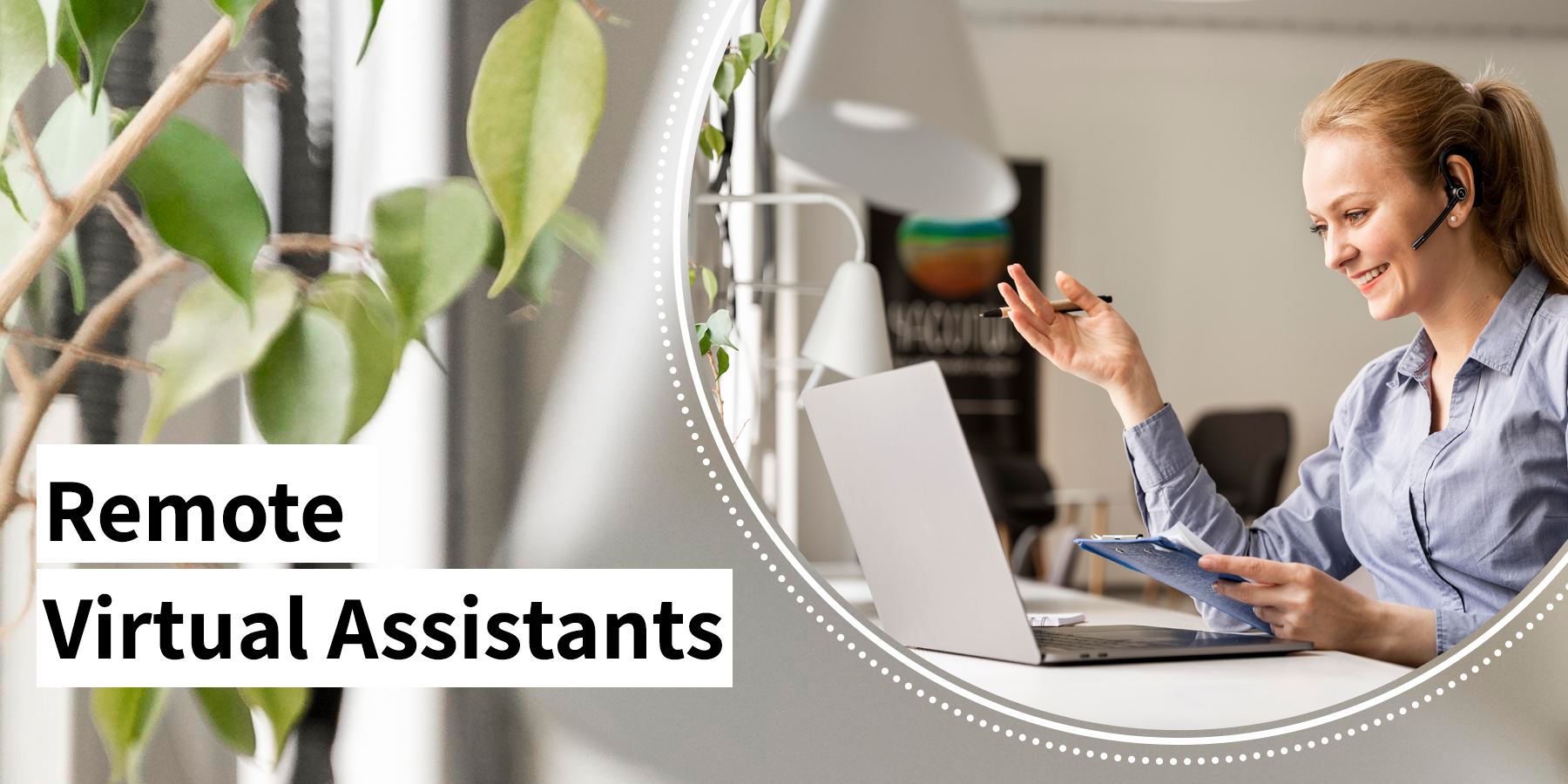Tips for Training Your Virtual Assistant to Answer Phones Professionally
In our globally connected business ecosystem, the significance of virtual assistants (VAs) has skyrocketed. These digital assistants perform diverse tasks, but a pivotal one remains answering phone calls.
Since this might be the first touchpoint for many clients, ensuring the utmost professionalism is critical. Here’s a comprehensive guide to perfecting this.
Table of Contents
Virtual Assistants: The Modern Business’s Frontline
I. The Art and Science of Phone Etiquette
II. Empowering VAs with Cutting-edge Tools
III. Ongoing Training: The Heartbeat of Excellence
IV. Building a Comprehensive Knowledge Base
V. Humanizing Every Interaction
In Conclusion: The Bigger Picture
Virtual Assistants: The Modern Business’s Frontline
Virtual assistants are no longer just support roles. In many scenarios, they become the voice and image of the company. Their interaction, especially during phone calls, can make or break business relationships. Hence, imparting the proper training to handle diverse call scenarios becomes a strategic necessity. Let’s dive in!
I. The Art and Science of Phone Etiquette
Phone etiquette is a blend of understanding and combining the caller’s needs with the company’s ethos. Let’s delve into the key elements:
- Structured Greeting and Thorough Introduction: Begin with a universal greeting, followed by the VA’s name and the company’s introduction. This sets a formal yet welcoming tone.
- Mastering Active Listening: Beyond hearing, it’s about discerning the caller’s emotions, urgency, and underlying queries. Active listening is a skill that can be honed with practice and feedback.
- Crystal Clear Communication: Clarity prevents misunderstandings. Whether explaining a complex product feature or addressing a grievance, the VA should be trained to communicate effectively.
- Consistent Positivity and Resilience: Not every call will be pleasant. Preparing the virtual assistant to answer phones and handle irate callers without losing composure is crucial.
II. Empowering VAs with Cutting-edge Tools
The right tools can make a world of difference:
- Integrated CRM Platforms: CRM tools provide a goldmine of information. From a caller’s previous interactions to their purchase history, having this data at their fingertips allows VAs to personalize the call experience.
- Adaptable Call Scripts: These serve as roadmaps. But remember, they’re not set in stone. Encourage VAs to adapt based on the call’s flow.
- Instantaneous Feedback Mechanisms: Modern tools can assess call quality, providing invaluable insights for continuous improvement.
III. Ongoing Training: The Heartbeat of Excellence
Continuous training is non-negotiable. As the business landscape shifts, so should your training modules:
- Deep Dive Product Knowledge Sessions: Every time there’s a product update or a new launch, VAs should be trained exhaustively. This ensures they can address even the most complex queries with ease.
- Regular Soft Skills Workshops: While technical know-how is essential, soft skills like empathy, negotiation, and conflict resolution can elevate the call experience.
- Staying Ahead with Tech Trends: As technology progresses, ensure your virtual assistant phone isn’t left behind. Regular tech training sessions ensure they’re always equipped with the best tools.
IV. Building a Comprehensive Knowledge Base
A well-maintained knowledge base can be the VA’s quick reference guide:
- Robust FAQ Section: Beyond the standard questions, this section should evolve based on new challenges. It should serve as a reference guide for virtual assistant phones.
- Detailed Policy Documentation: From shipping policies to warranty details, having clear, easy-to-access documentation can save valuable call time and reduce client frustrations.
- In-depth Product and Service Manuals: Each offering should have a detailed profile, ensuring the virtual phone assistant can address any related queries without hesitation.
V. Humanizing Every Interaction
In a world racing towards automation, the human element remains irreplaceable. Infuse every interaction with empathy, understanding, and patience. It’s not just about resolving a query but about leaving the caller with a positive feeling.
VI. The Feedback Loop
Constructive feedback is the bedrock of improvement:
- Call Recordings: Periodically review calls to identify areas for improvement and excellence.
- Client Feedback Surveys: Post-call surveys can provide insights directly from the source, i.e., the clients.
- Regular Review Sessions with VAs: Sit down with your VAs, discuss call challenges, share feedback, and brainstorm solutions.
In Conclusion: The Bigger Picture
Training your virtual phone assistant to handle phone calls with aplomb is a tactical and strategic decision. It impacts brand perception, client relationships, and even revenue streams. In the digital age, where human interactions are scarce, a well-handled phone call can set your business apart, creating lasting impressions and fostering client loyalty.
By investing time, effort, and resources into this training, you’re not just upskilling a phone virtual assistant; you’re elevating your brand, one call at a time.
For those keen on exploring strategies to enhance your online presence further and boost digital outreach, as well as looking to outsource virtual assistant phone answering services, don’t hesitate to visit – Vgrow.

Andrew Gray
Andrew Gray is the Senior Operations Manager at Vserve Amazon Listing Services, a position he's held since 2021. He is renowned for operational excellence, leading teams to achieve sales growth and enhanced customer service. Andrew's role is crucial in optimizing the company's operations and maintaining its reputation for efficient back-office solutions.






